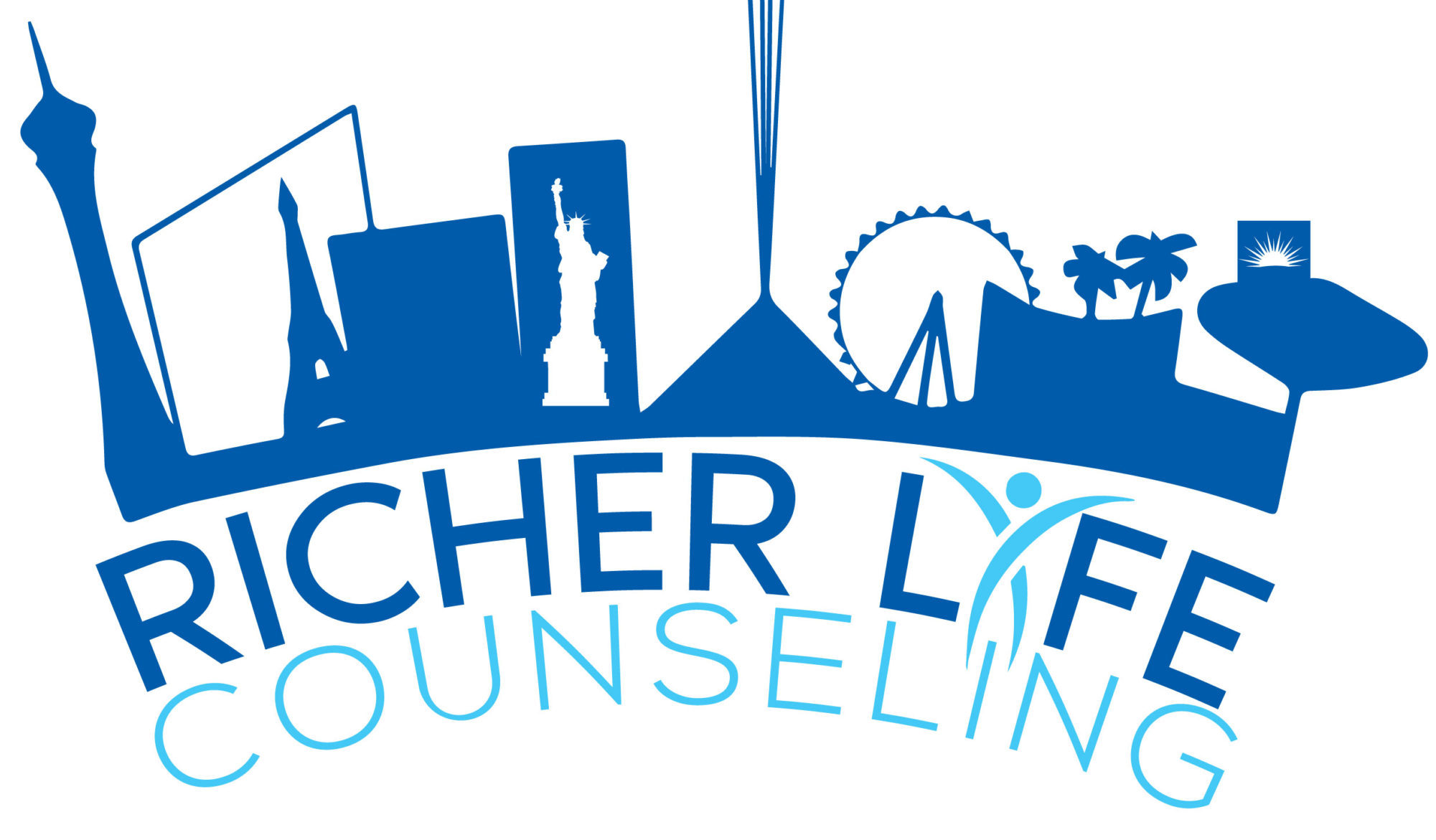It started off as “gay” then “gay and lesbian.” Now you might be asking what does LGBTQIA stand for? Before breaking down LGBTQIA, let’s go back in the late 80’s. In the 80’s using the word gay covered all segments of the population, Mat Baume posted this video explaining about how the golden girls dealt with the “L” word then.
I love this YouTube video not just because it is insightful to the world view of the late 80’s, but because of the importance of increasing representation of the gay community. Flash forward to Today, we have members of the LGBTQIA community seen throughout TV and movies and organizations like GLADD continue to push for more diverse representation in media. As our communities become more aware of the differences within the LGBTQIA population many people don’t understand why the community continue to grow in its labeling. Here is a quick guide to understanding each part of the LGBTQIA community.
What does LGBTQIA Stand For?
Lgbtquia
Lesbian
A female identified person who is attracted (romantically, physically, emotionally) to another female identified person. Most will refer to themselves as Lesbian, and some will call themselves Gay as an umbrella term.
lGbtquia
Gay
A male identified person who is attracted (romantically, physical, emotionally) to another male identified person. Gay is sometimes used as an umbrella term for all homosexuals or those who have a homosexual or same-sex attraction.
lgBtquia
Bisexual
Individuals who are attracted (Romantically, physical, emotionally) to both men and women.
lgbTquia
Transgender
individuals whose biological sex is different than the gender with which they identify. Common ways this is expressed is “born in the wrong body”. Transgender individuals might not consider themselves as homosexuals, or even process in taking steps to change physically.
lgbtQia
Questioning
This is for anyone who is questioning their own sexuality and has yet to label themselves.
Queer
This is an all-inclusive term referring to lesbian, gay, bisexual, trans, and intersex people. While this term is used with the younger generation as uplifting and as an umbrella term, it can also be considered offensive to some in the community.
lgbtqIa
Intersex
Individuals whose physical sex characteristics are not categorized as exclusively male or exclusively female.
lgbtqlA
Asexual
An individual who is not attracted sexually to anyone or does not have a sexual orientation
Ally
Anyone who does not identify as LGBTQIA but supports the rights and safety of those who do.
Within the community, a number of other terms exist and I do not mean to slight any of them in any way. However, these are the most common terms, and it is important to use them appropriately. If you are a member of the LGBTQIA community then you might personally identify with one term more than other. If you are an ally or just trying to learn more about the community, the key to remember is to ask the individuals how they wish to be labeled. Labels are important, yet treating each person as an individual without labeling them is even more important.
Is it important to find an LGBT-friendly therapist?
As a member of the queer community, finding professional that “speaks your language” is important. If you do not feel comfortable talking about your sexuality with someone who might not understand your culture, you might not share an important aspect of who you are.
When offering queer counseling, I know that sometimes life problems are connected to your sexual identity. While other times your sexual identity has nothing to do with what brings you to therapy. If you feel stuck and are ready to make some positive changes in your life seek out an LGBT therapist.
- Table Topics - June 25, 2020
- How to Apologize - June 11, 2020
- What is stonewalling? |TheRicher Marriage Show - June 5, 2020

